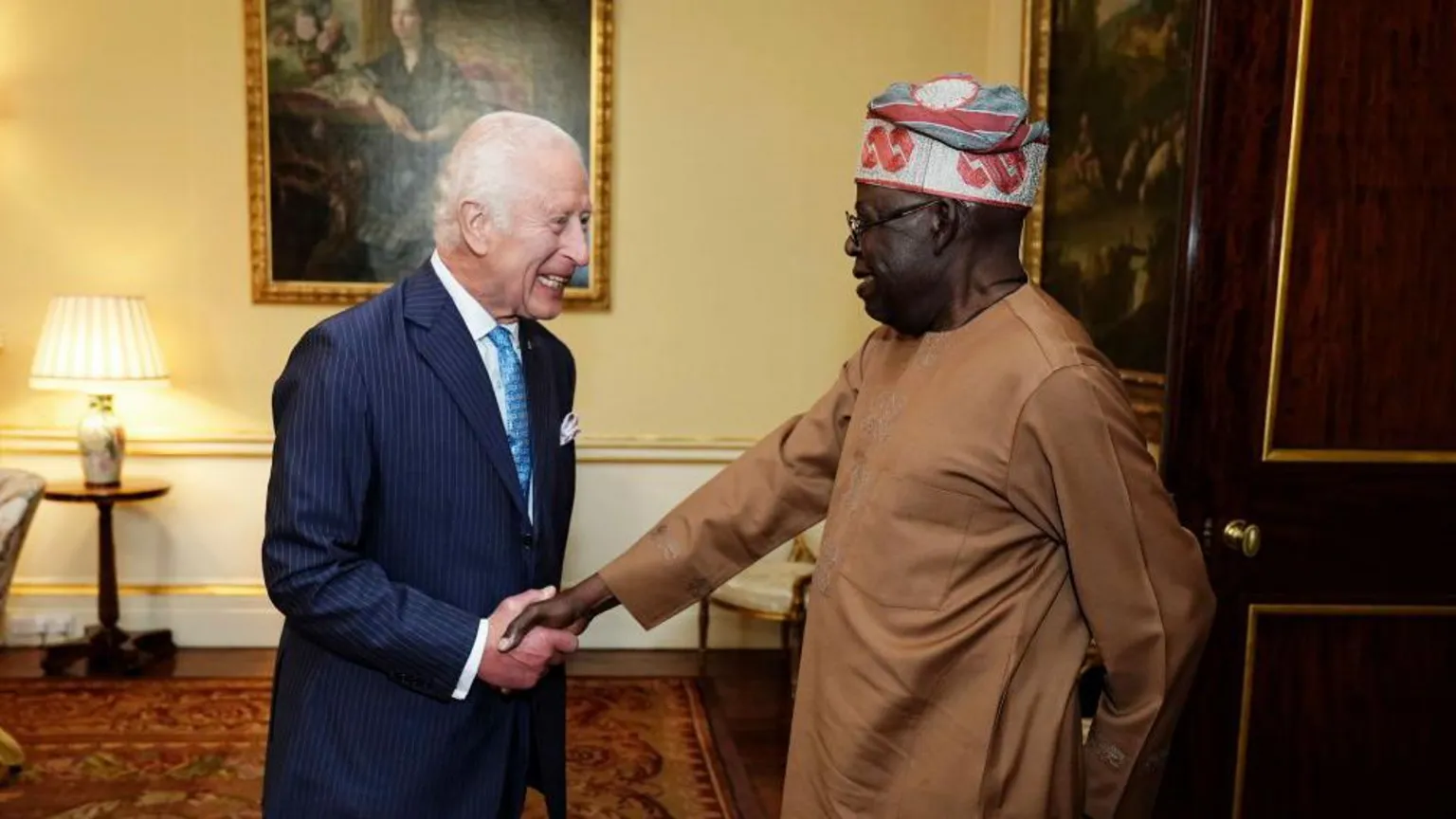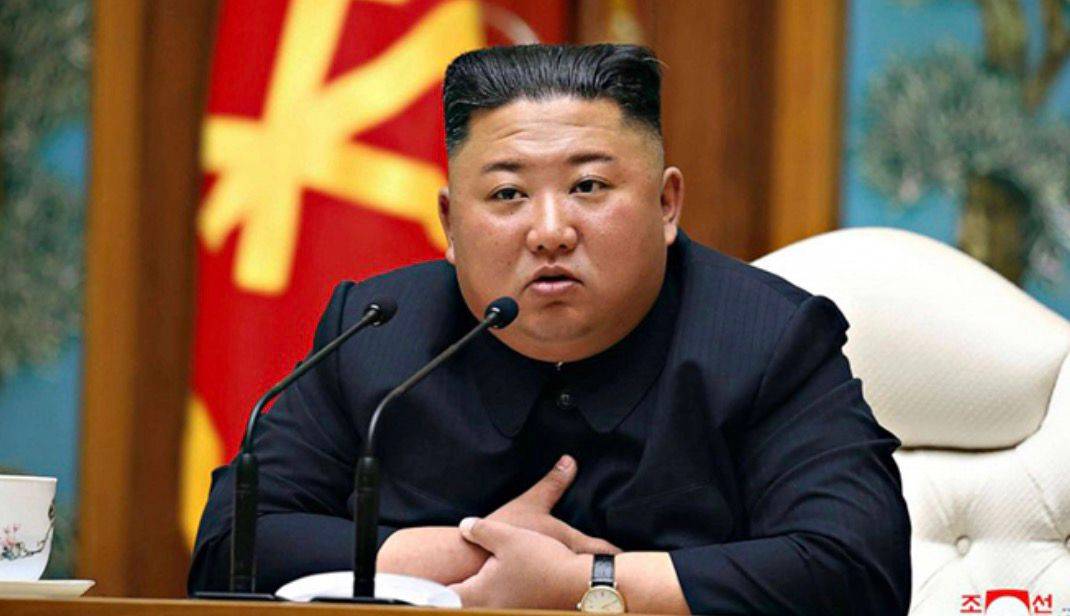
MONDAY, August 16, 2021 will go down as a watershed in the Nigerian oil industry. It was the day President Muhammadu Buhari signed the Petroleum Industry Bill, PIB, into law, thus ending a 13-year tortuous odyssey under three different presidents.
It also addresses the archaic legal framework bedevilling the sector that accounts for much of the nation’s economic sustenance because it upgrades the Petroleum Act of 1969. After signing the PIA, Buhari blamed previous regimes for lacking the political will to get the law done as a result of which Nigeria lost some $50 billion worth of potential investments in the past 10 years.
Buhari must share in this blame because six of those 10 years happened during his watch. As a past oil minister who has also held tightly to that portfolio since his first term, Buhari could have engineered the PIA into life with missionary zeal within his first six months or one year at most. We would have cut the loss in half had he done so. However, we take nothing from the achievement of this feat under his watch. We particularly commend the zest with which he appended his signature to the Bill, setting up an implementation committee and giving it a one-year timeline to complete the job. He is really serious about activating this law.
It is hoped that the PIA will facilitate an improved governance of the sector, infusing the much-needed best practices which the PriceWaterhouseCoopers had recommended after its audit of the Nigerian National Petroleum Corporation, NNPC, at the instance of the Senate in 2014. It should promote frontier exploration and the ease of doing business. The law should also transform the NNPC into a profitable business and mandate improved environmental compliance.
The framework to fold up gas flaring, if followed to the letter, will bring massive relief to the oil producing host communities. For over 60 years, they have endured massive environmental degradation due to oil spills, gas flaring, exploration activities and the loss of agricultural and marine resources.
We are, however, still bothered by the cavalier manner in which the National Assembly and the Federal Government tag-teamed to treat the interests and demands of the host communities.
The host communities had demanded for 10 per cent of the annual operational cost of production by the oil companies. The House of Representatives cut it in half while Senate offered three per cent through a cynically manipulated process.
Buhari’s assent to the Act without considering the demands of the host communities could pose problems in its implementation. We may continue to experience episodic upsurges in militancy and disruptions by aggrieved groups.
In this regard, the PIA remains an unfinished business until the host communities are satisfactorily carried along.
The post Making PIA work for all appeared first on .












